Our current Sino-Russian collaboration, comparing landslide mechanisms in China’s Minjiang River Valley and Russia’s Limestone Dagestan, is entering a pivotal phase. With joint funding from the Russian Scientific Foundation (Grant No. 25-47-00020) and China’s National Natural Science Foundation (Grant No. 4241101468), we’re launching a 2025-2027 initiative to establish universal criteria for identifying earthquake-induced landslides. Under this program, Russian researchers will conduct fieldwork in Sichuan’s seismic zones, while Chinese teams will study slope failures in the Caucasus—a tangible exchange of expertise across borders.
To my Chinese colleagues and global peers: The earthquake that reshaped Sichuan’s landscape also reshaped our understanding of planetary risks. Geological disasters recognize no borders. In an era of climate change, where earthquake-induced hazards grow more unpredictable, international collaboration isn’t just beneficial—it’s existential. The Wenchuan recovery demonstrates what’s possible when science and governance align. Now, we must extend that cooperation globally, because the next major quake could strike anywhere, and the world needs to be ready.
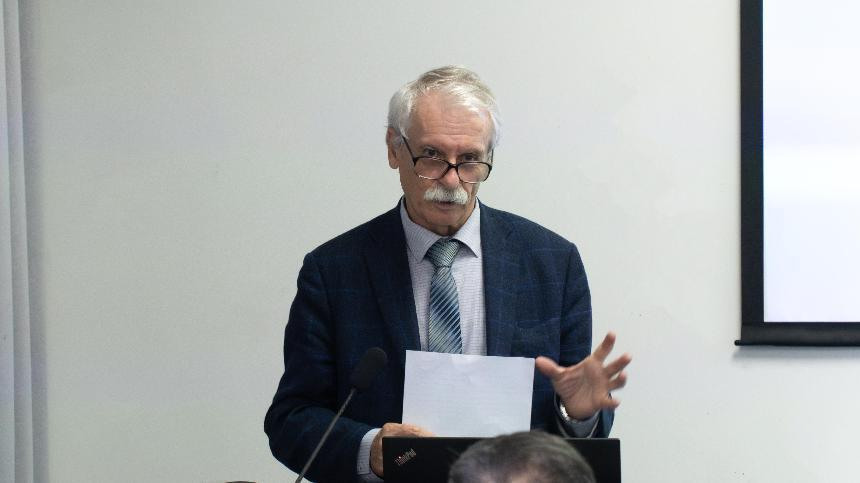
Alexander L. Strom is a Russian Geologist. Chief Expert at the Geodynamics Research Center, Moscow, Russia. He holds a Ph.D. in Geology/ Paleoseismology from Institute of Physics of the Earth, Moscow, Russia. He is an Adjunct Professor at Chang’an University, Xi’an, China and a Visiting Professor at State Key Laboratory of Geohazard Prevention (SKLGP) in Chengdu, China. He specializes in mechanisms of large landslides, landslide dams, active faults neotectonics and paleoseismology. His expertise also includes application of remote sensing for seismotectonics and engineering geology.








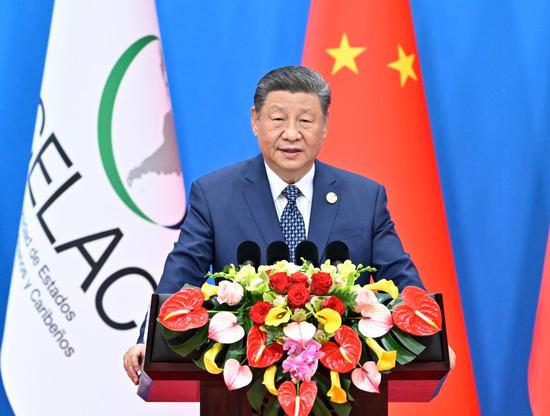
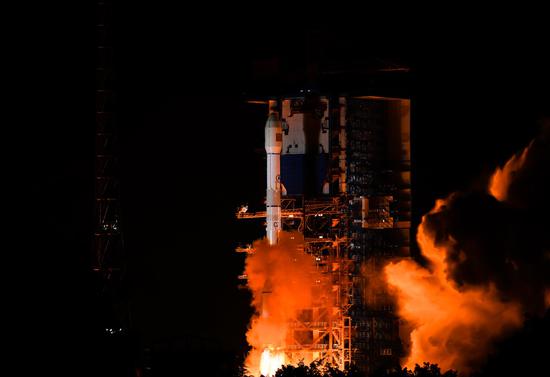


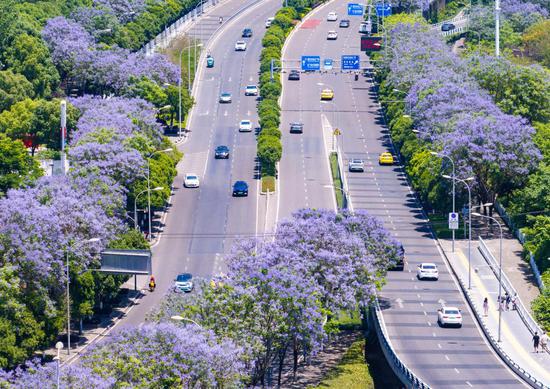
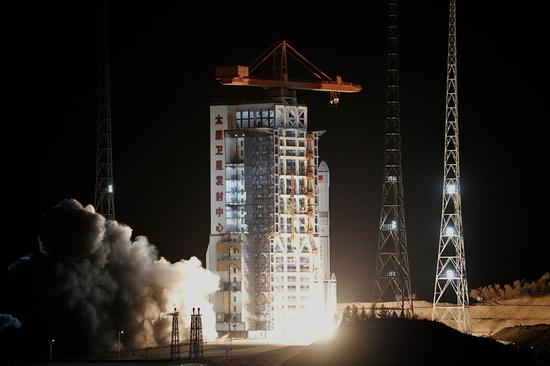
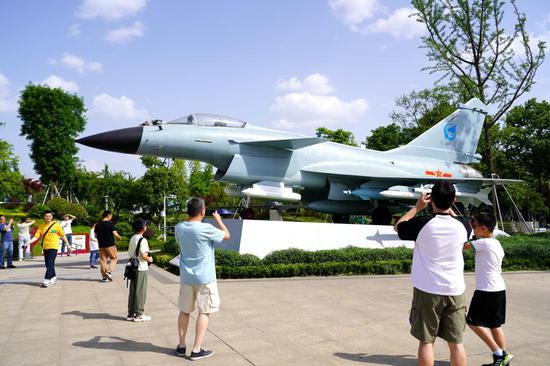

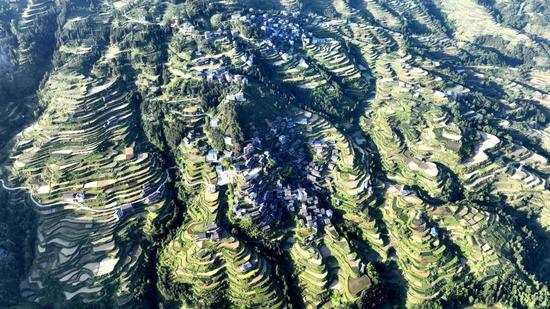


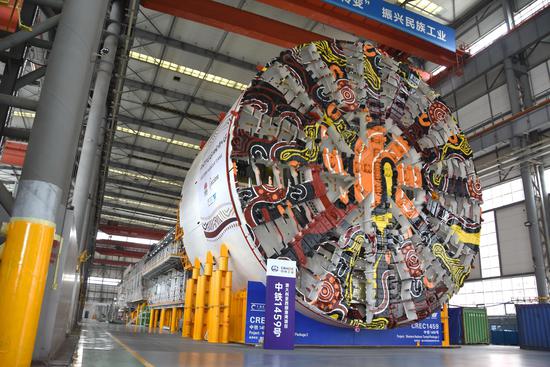

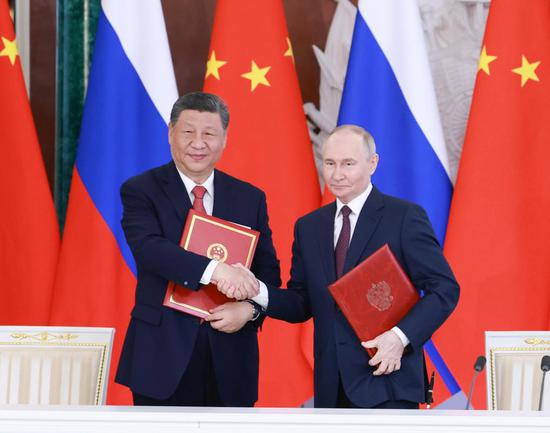

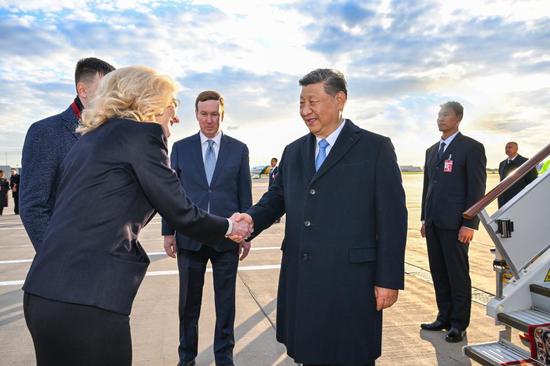




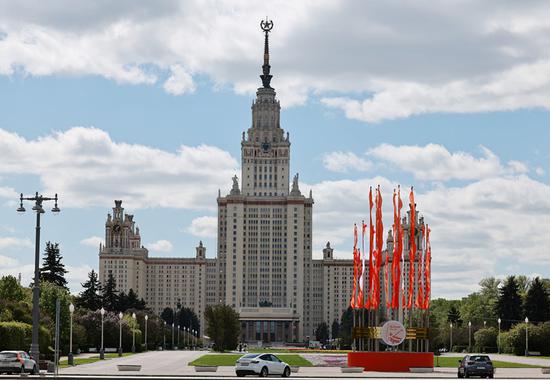
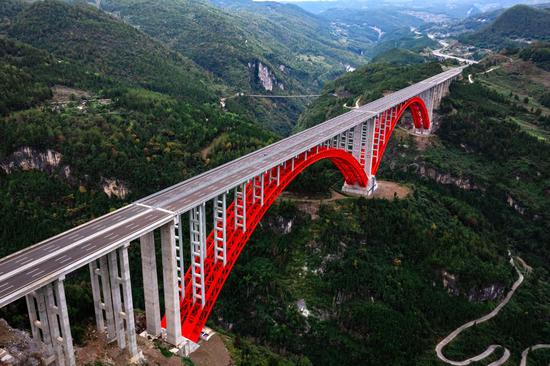



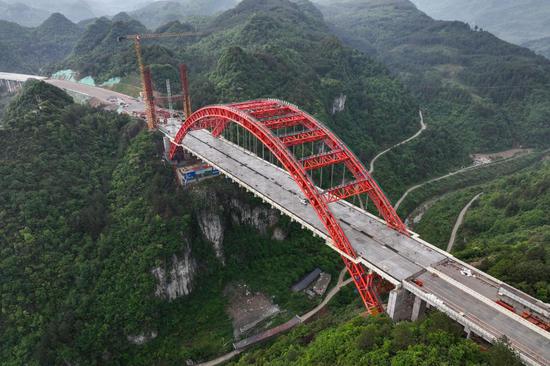
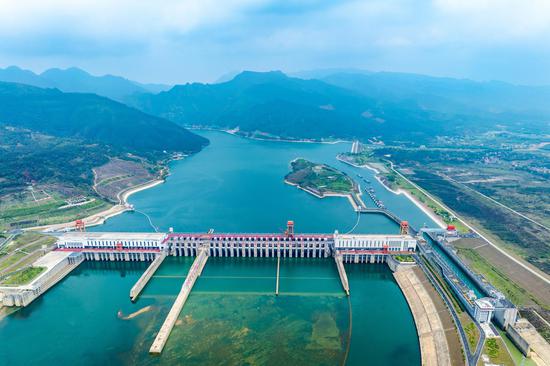
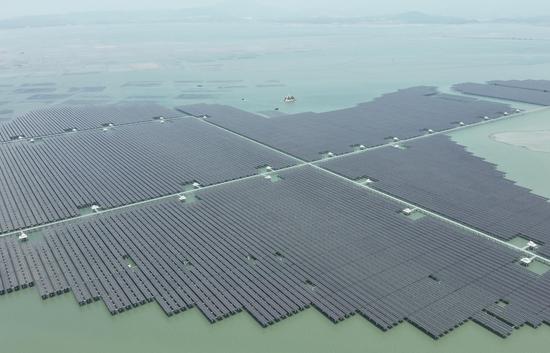
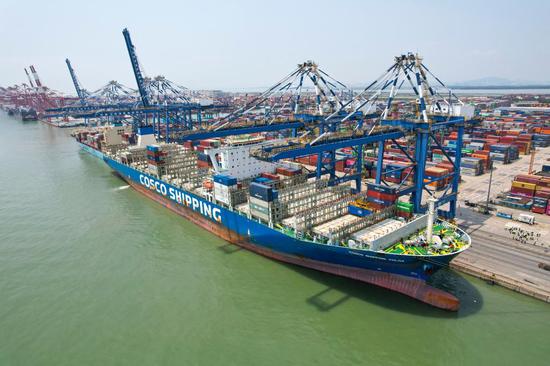
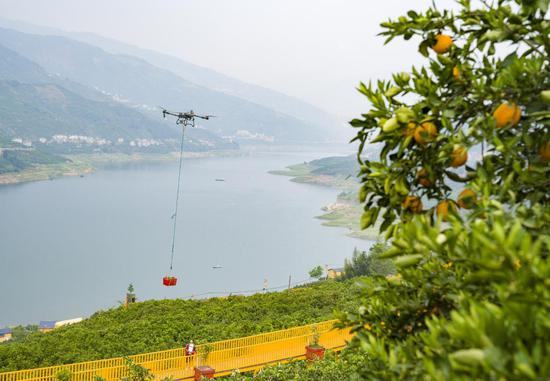





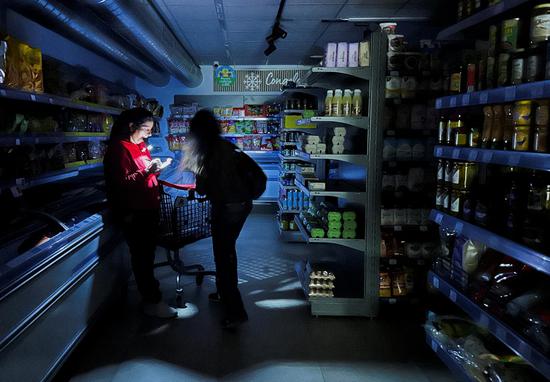






 京公網安備 11010202009201號
京公網安備 11010202009201號